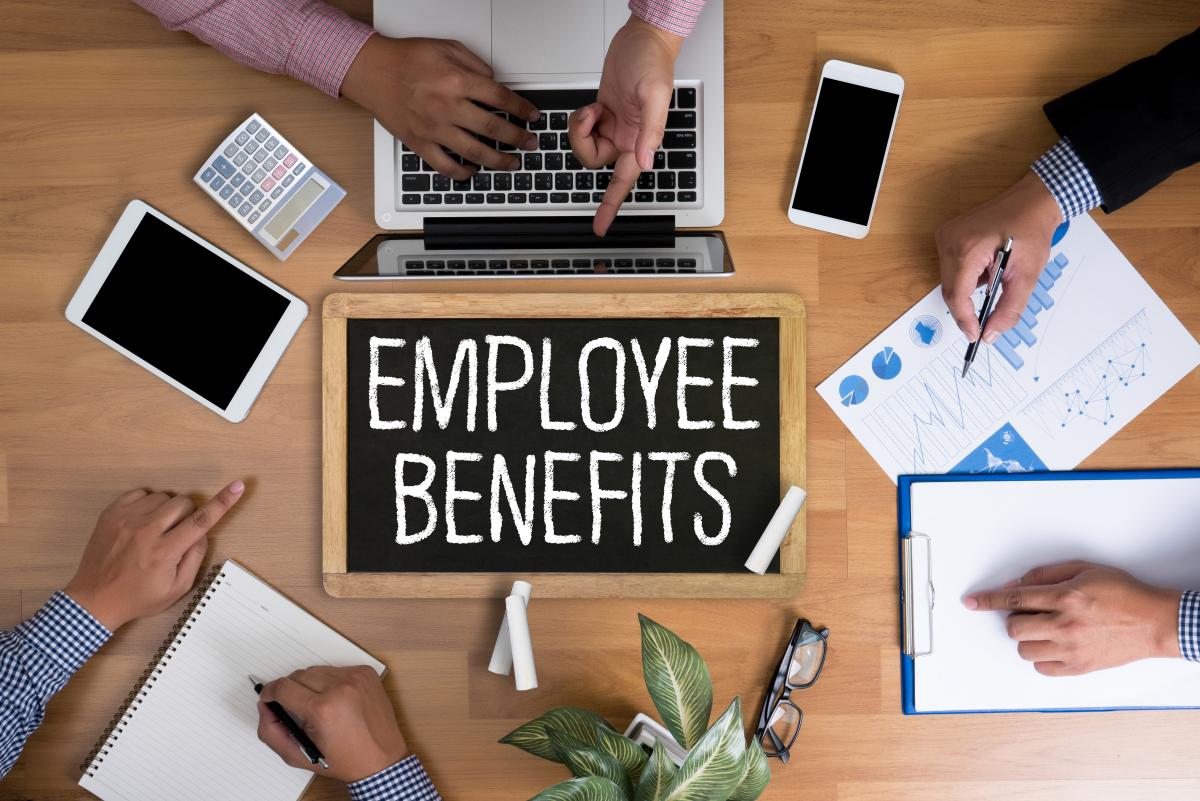Even though inflation has eased a bit in recent months, that hasn’t stopped American workers from worrying about the impact it will have on the cost on their workplace benefits as open enrollment season approaches.
 New findings from Voya Financial’s consumer research survey reveal that, even as the rising costs of goods and services associated with inflation levels out for many, roughly 8 in 10 (79%) working Americans worry that their workplace benefits will cost them more this open enrollment season because of inflation. This is an increase from 66% recorded in June 2022 when inflation was at its peak.
New findings from Voya Financial’s consumer research survey reveal that, even as the rising costs of goods and services associated with inflation levels out for many, roughly 8 in 10 (79%) working Americans worry that their workplace benefits will cost them more this open enrollment season because of inflation. This is an increase from 66% recorded in June 2022 when inflation was at its peak.
In fact, recent estimates by Aon, Mercer and Willis Towers Watson show, for example, that the costs for employer-provided health coverage are expected to increase from a low of 5.4% to as much as 8.5% for 2024. As health insurance costs are climbing at the steepest rates in years, the increases could impose a significant strain on family finances—not to mention the potential impact on retirement plan contributions.
Voya’s research also found that 7 in 10 (72%) employed Americans “strongly” or “somewhat agree” that, because of inflation, they will spend more time reviewing their benefit elections during open enrollment to help them make the most of their benefit dollars.
“As the economy continues to work to recover from the financial impacts of both the pandemic and the added layer of inflationary costs, it’s clear that many individuals are still feeling the financial strains,” said Rob Grubka, CEO of Workplace Solutions for Voya Financial. “With our research also revealing that 88% of individuals feel like their money does not go as far as it used to, when it comes to enrolling in their workplace benefits this fall, understandably, many have concerns about the impacts to their paycheck.”
Financial Stability and Mental Health
The firm’s research also revealed that nearly 6 in 10 (57%) Americans “strongly” or “somewhat agree” that their financial stability has a direct impact on their mental health. As finances remain top of mind for many as they enter this year’s open enrollment season, benefits—including those with a focus on mental health—are being considered more than before.
Moreover, the “ask” from today’s workforce is also becoming increasingly apparent as more than half (55%) of employed individuals strongly or somewhat agree their employer has a responsibility in ensuring they are mentally healthy and emotionally well. Voya notes that this has proven even more important as nearly half (48%) said they would select a workplace benefit offered by their employer that provides more mental health support and resources even if it costs them more.
“While traditional benefits like medical and dental insurance remain top of mind for many employers and employees, it’s clear that both financial and mental health needs are now equally important components of a comprehensive benefits package,” added Grubka. “And this can have implications for both employers and employees—not only did our research find that 63% of employees somewhat or strongly agree that their mental health has a direct impact on their ability to perform their job effectively, but half of employed Americans also agreed that they are more likely to stay with current employer if offered mental health benefits and resources.”
Support and Guidance
Meanwhile, even though benefit selection confidence remains high, the firm suggests that support and guidance remain critical.
When it comes time to selecting benefits during open enrollment, Voya has seen that inertia can often play a big role for employees in making benefits changes, where many individuals have the tendency to select the benefits they enrolled in previously.
The good news, Voya notes, is that today’s environment is encouraging employees to take a more thoughtful approach, particularly given the overall financial concerns impacting consumers. As a result, roughly 8 in 10 (79%) employed individuals are interested in receiving support to maximize their workplace benefit dollars across their retirement savings, health savings accounts (HSAs), health care insurance and voluntary benefits at work.
The findings are based on a survey conducted June 12-13, 2023, on the Ipsos eNation omnibus online platform among 1,004 adults in the U.S., featuring 483 Americans working full-time or part-time.

